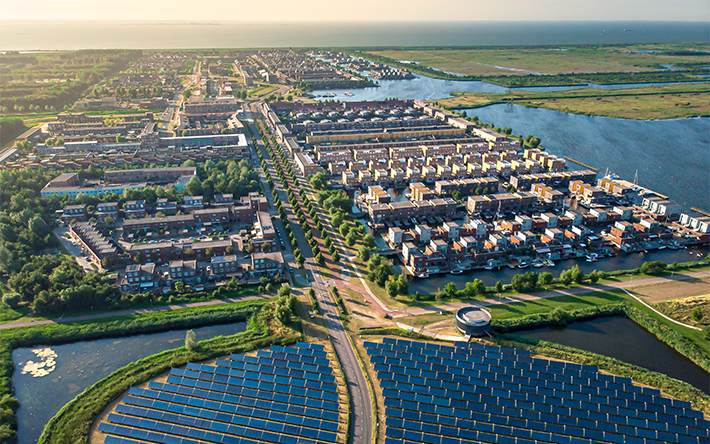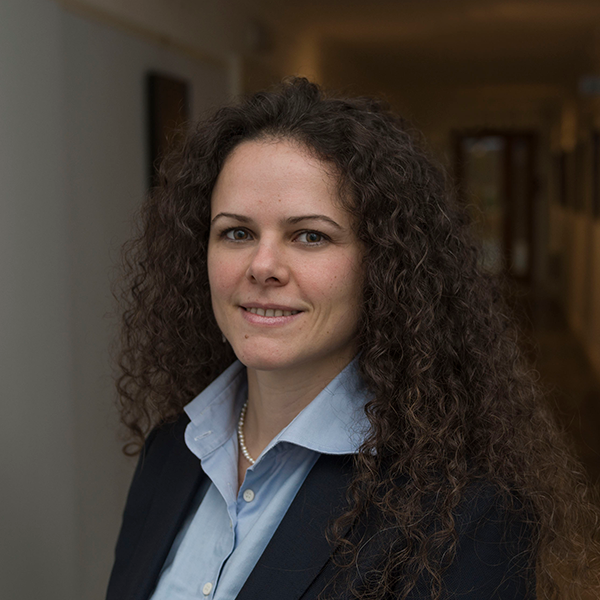
Podpora sociálnej súdržnosti a konvergencie
Podpora sociálnej súdržnosti a konvergencie je jednou zo šiestich hlavných aktivít pracovného programu nadácie Eurofound na obdobie 2021 – 2024. Eurofound bude naďalej pôsobiť ako odborné centrum pre monitorovanie a analýzu kľúčových trendov a determinantov dosahovania vzostupnej konvergencie životných a pracovných podmienok a posilňovania hospodárskej a sociálnej súdržnosti v EÚ. Pandémia COVID-19predstavuje bezprecedentnú výzvu pre hospodársku a sociálnu odolnosť EÚ, pričom treba zdôrazniť krehkosť každého už dosiahnutého pokroku v modeloch konvergencie.
V nasledujúcich štyroch rokoch Eurofound poskytne dôležité informácie o výzvach a perspektívach v oblasti sociálnej súdržnosti a konvergencie v EÚ a pomôže zabezpečiť, aby jej ekonomiky a spoločnosti boli voči budúcim otrasom odolné. Eurofound rozšíri svoju prácu z predchádzajúcich rokov na tému vzostupnej konvergencie s osobitným dôrazom na potenciálny nárast nových nerovností medzi občanmi a na spôsob riešenia zvýšeného počtu výziev v oblasti sociálnej súdržnosti, ktoré priniesla kríza. Agentúra bude pravidelne podávať správy o trendoch vzostupnej konvergencie v sociálno-ekonomickom rozmere, ako aj v rozmeroch načrtnutých v Európskom pilieri sociálnych práv na úrovni členských štátov a na regionálnej úrovni, pričom bude takisto porovnávať EÚ s ostatnými vyspelými krajinami.
Pri skúmaní hybných síl a dôsledkov hospodárskej a sociálnej konvergencie bude Eurofound venovať pozornosť rôznym faktorom: sociálnym investíciám, mobilite a inštitucionálnym rámcom, regulácii, sociálnym systémom, inštitucionálnej kvalite a verejným službám , sociálnemu dialógu a štrukturálnym reformám. V rámci výskumu sa bude skúmať účinnosť reakcie EÚ na pandémiu pre hospodársku a sociálnu konvergenciu. Zváži aj situáciu v eurozóne a zameria sa na úlohu procesov pracovnoprávnych vzťahov pri ovplyvňovaní konvergencie.
Eurofound bude skúmať trendy a hybné sily sociálnej kohézie v Európskej únii, pričom zvlášť preskúma to, ako pandémia COVID-19 zvýraznila existujúce nerovnosti alebo spustila nové so širším vplyvom na spoločnosť alebo na konkrétne skupiny občanov. Analýza sa zameria na ekonomické, sociálne a zdravotné rozdielnosti, a to na trhu práce, ako aj z hľadiska prístupu a kvality rozhodujúcich tovarov a služieb, ako sú zdravotná starostlivosť , bývanie, vzdelávanie a sociálna ochrana . Bude sa skúmať súvislosť medzi nerovnosťami, inštitucionálnou dôverou a nespokojnosťou. Medzi ďalšie oblasti záujmu patrí migrácia , integrácia a spoločenské napätie.
Výsledky výskumu vyplývajúce z tejto aktivity prispejú k práci rôznych odborov Európskej komisie a Výboru pre zamestnanosť (EMCO), Výboru pre sociálnu ochranu (SPC), Hospodárskeho a finančného výboru (EFC), Rady a Európskeho parlamentu, a to aj v súvislosti s európskym semestrom.
- Infografika: Podpora sociálnej súdržnosti a konvergencie v EÚ
„Kríza COVID-19 vrátila koncepciu vzostupnej konvergencie späť do centra politickej diskusie…. Vzostupná konvergencia je dôležitá pre stabilitu Únie. Nesplnenie prísľubu vzostupnej konvergencie môže znamenať riziko ohrozenia fungovania Únie a vyvolať politickú nespokojnosť s projektom Európskej únie.“
Massimiliano Mascherini, vedúci oddelenia sociálnych politík

























